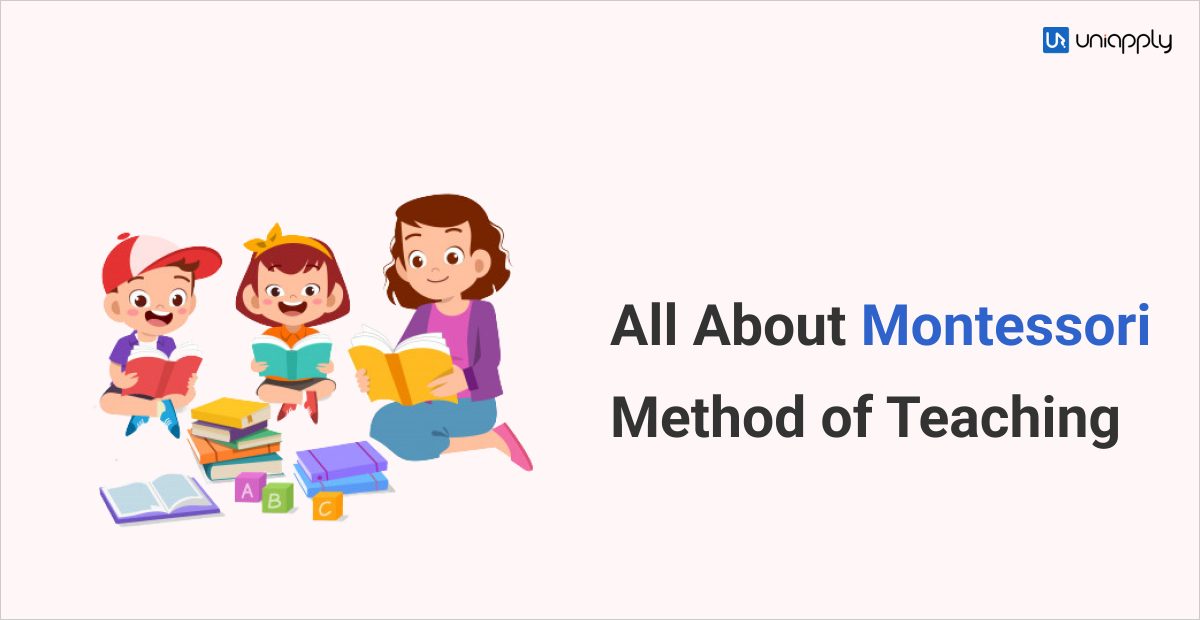
Unlocking Words: Effective Language Development Strategies
Understanding the Importance of Language Development
Language development is a critical aspect of a child’s overall growth, impacting communication, cognitive skills, and social interactions. This article explores various strategies to foster effective language development, providing insights for parents, educators, and caregivers.
Creating a Language-Rich Environment
The foundation of language development lies in a language-rich environment. Surrounding children with spoken and written words enhances their exposure to language. Reading books, engaging in conversations, and incorporating language into daily activities contribute to a vibrant linguistic atmosphere that stimulates language acquisition.
Encouraging Conversations and Active Listening
Conversations are powerful tools for language development. Encouraging children to express themselves and actively listening to their words create a supportive communication environment. Meaningful interactions not only enrich vocabulary but also enhance comprehension and the ability to articulate thoughts.
Introducing a Variety of Books and Stories
Exposing children to a diverse array of books and stories broadens their language horizons. Reading aloud and discussing stories offer opportunities to explore new words, concepts, and narratives. This exposure fosters a love for reading and nurtures language development through the exploration of different literary genres.
Incorporating Play-Based Language Activities
Play is a natural and effective way for children to learn language. Incorporating play-based language activities, such as imaginative play, storytelling with toys, or language-themed games, engages children in a fun and interactive manner. These activities not only enhance language skills but also encourage creativity and expression.
Utilizing Technology as a Learning Tool
In the digital age, technology can be harnessed as a valuable ally in language development. Educational apps, interactive e-books, and language-learning games provide engaging platforms for children to explore language in a technologically enriched context. However, it’s crucial to balance screen time with other hands-on language activities.
Promoting Multilingualism for Cognitive Benefits
For families with exposure to multiple languages, embracing multilingualism offers cognitive benefits. Research suggests that multilingual individuals often demonstrate enhanced cognitive flexibility, problem-solving skills, and creativity. Strategies for promoting multilingualism include consistent exposure to each language and creating language-specific contexts.
Engaging in Word Play and Vocabulary Building
Word play and vocabulary-building activities are fundamental in language development. Playing word games, exploring rhymes, and introducing new words through playful activities contribute to the expansion of vocabulary. These activities not only make language learning enjoyable but also strengthen language skills.
Creating a Language-Infused Routine
Establishing a routine infused with language activities contributes to consistent language development. Whether it’s incorporating morning conversations, bedtime stories, or word-of-the-day rituals, a structured routine provides predictable moments for language exposure and practice.
Collaborating with Educational Programs and Resources
Educational programs and resources designed to support language development can be valuable partners in the learning journey. Collaborating with preschool programs, language-focused workshops, and online resources provides additional avenues for language enrichment. These initiatives complement home-based language strategies.
Explore Language Development Strategies Further
For a comprehensive guide on language development strategies and additional resources, visit Language Development Strategies. Unlock insights, activities, and tools to enhance language development in children. Whether you’re a parent, educator, or caregiver, discover effective approaches to nurture language skills.
In conclusion, effective language development strategies involve creating a rich linguistic environment, incorporating diverse activities, and embracing the power of meaningful interactions. By employing these strategies, we can unlock the world of words for children, laying the groundwork for strong communication skills and a lifelong love for language. Visit www.igaseng.com to delve into the realm of language development strategies.




